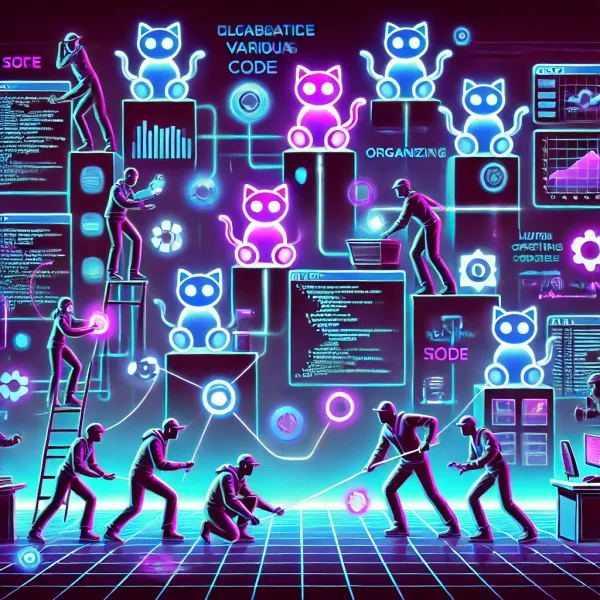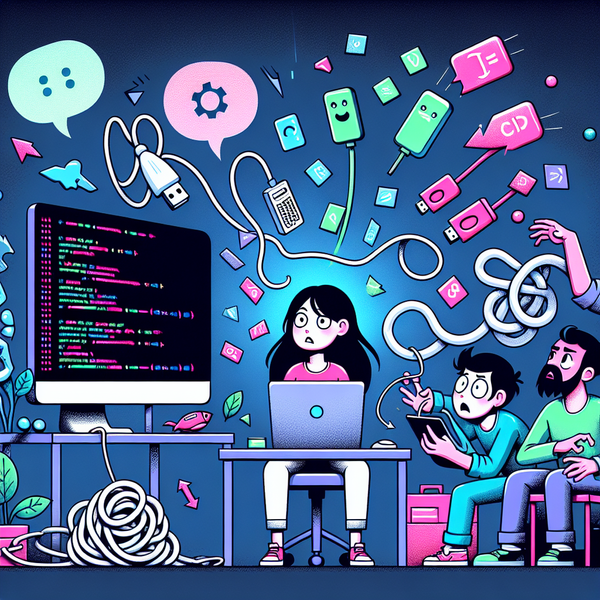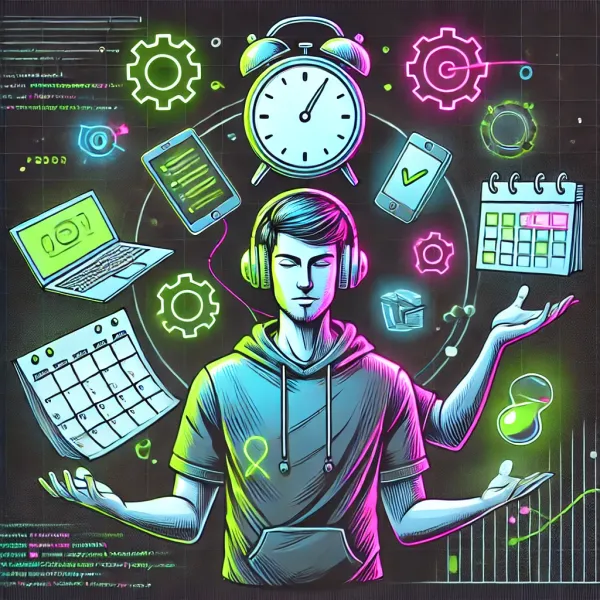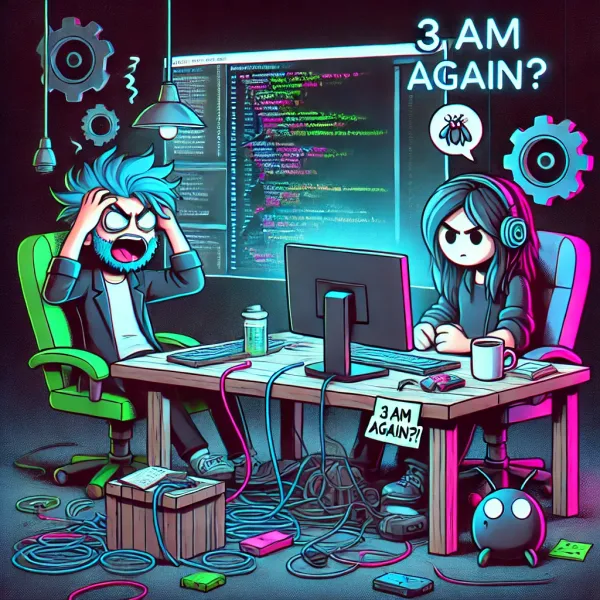Balancing Work and Skill Learning for Devs
Balance work and skill learning as a developer. Prioritize time, enhance collaboration, and build emotional resilience for growth.
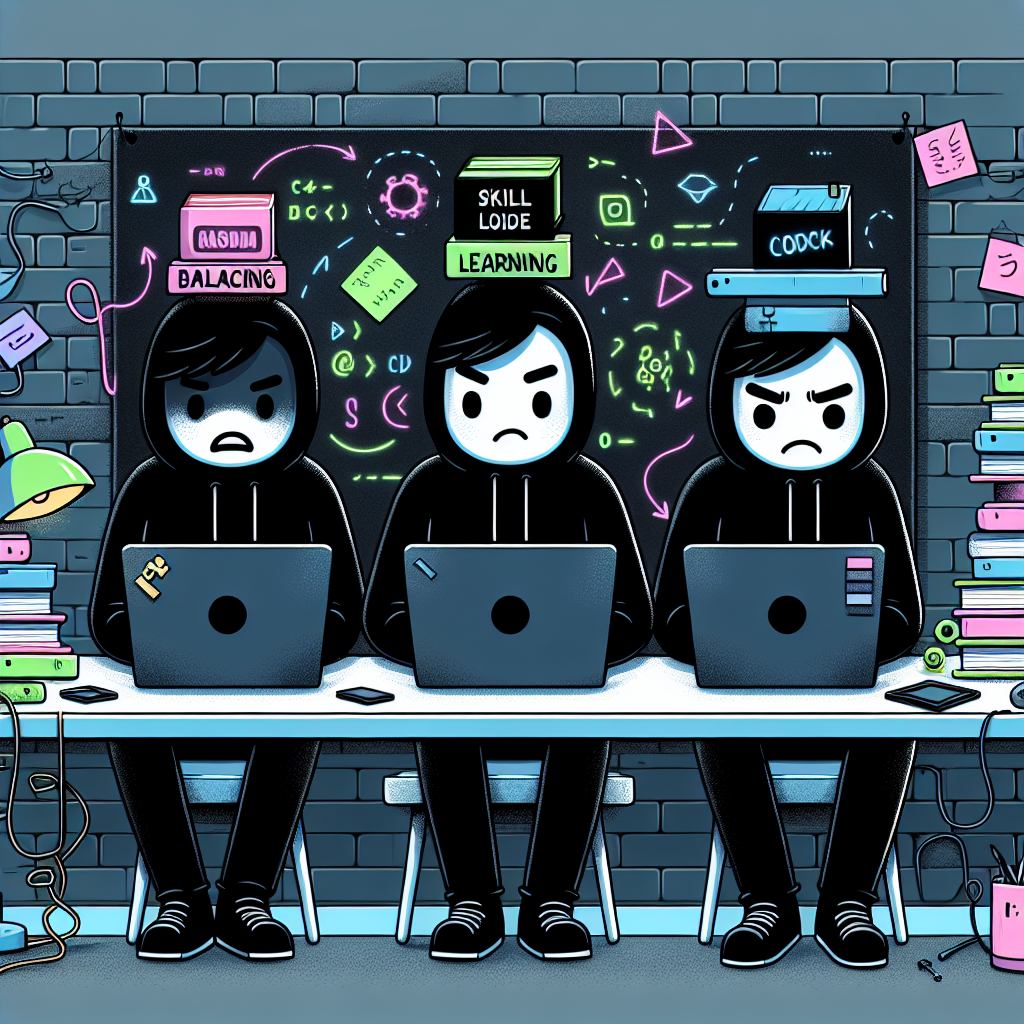
Have you ever felt overwhelmed by the constant pressure to learn new skills while meeting work deadlines? You’re not alone.
Software engineering is a fast-paced field. New technologies and methodologies pop up every day. If you want to stay relevant, you must commit to lifelong learning.
But how do you balance this with your work responsibilities? Let’s dive into key insights that will help you strike that balance.
🔑 Key Takeaways 🔑
- Continuous learning is essential for career growth.
- Time management and prioritization are non-negotiable skills.
- Communication and collaboration enhance your ability to juggle tasks.
- Emotional intelligence helps manage stress.
- Patience and persistence are vital in your learning journey.
Importance of Continuous Learning
Software engineering is ever-evolving.
New technologies, languages, and practices emerge regularly. To stay relevant, developers must embrace continuous learning.
Self-Learning
Self-learning is vital.
In fact, the Stack Overflow 2018 Survey revealed that 87% of developers taught themselves new skills. This ability will set you apart.
Adaptability
You need to be adaptable.
Being open-minded helps you tackle new problems and technologies. This adaptability ensures you can meet changing project requirements head-on.
Time Management and Prioritization
Balancing work and learning demands robust time management skills.
Time Management
Effective time management is critical.
You must estimate task durations accurately. This helps you deliver projects on time while carving out time for learning. Consider reading about time management and preventing burnout to enhance your strategies.
Prioritization
Knowing how to prioritize is key.
You must allocate time between immediate work responsibilities and long-term skill development. Check out our guide on task prioritization in software development for more tips.
Problem-Solving and Critical Thinking
These skills are essential for both technical issues and balancing your workload.
Problem-Solving
Critical thinking aids in creatively solving complex problems.
This includes logistical challenges like managing your time and resources effectively.
Resourcefulness
Being resourceful allows you to find solutions independently.
Researching new areas and skills can add immense value to your team while you learn.
Communication and Collaboration
Effective communication and collaboration are vital.
Communication
Strong communication skills help you articulate your needs.
Explain how much time you need for learning and how it benefits the project. This clarity fosters understanding among team members and managers.
Collaboration
Teamwork is crucial.
Delegating tasks and seeking help when needed can lighten your workload. Check out our article on task delegation for dev teams to learn how to collaborate more effectively.
Emotional Intelligence and Self-Awareness
Emotional intelligence plays a significant role in managing stress.
Empathy
Understanding the perspectives of colleagues and users helps you navigate team dynamics.
This understanding is especially important when juggling multiple responsibilities.
Self-Awareness
Being aware of your strengths and weaknesses is essential.
This self-awareness enables you to identify areas for improvement and seek appropriate training or mentorship.

Patience and Persistence
Balancing work and learning can be frustrating.
Patience
Developers often face daunting bugs and complex issues.
Patience allows you to address these challenges calmly, which also aids in learning.
Persistence
Persistence is key.
Don’t give up when facing difficulties, whether debugging code or mastering new skills. Keep striving for improvement. Consider techniques like the Pomodoro Technique to enhance your productivity while learning.
Practical Tips for Development
To effectively balance work and skill learning, consider these tips:
- Take Relevant Courses or Bootcamps: These provide hands-on experience and opportunities to practice soft skills.
- Pursue Internships: Gain practical experience in a professional environment.
- Find a Mentor: A mentor can guide you through balancing work and learning responsibilities.
By focusing on these soft skills and practical tips, you can navigate the tricky waters of balancing work with continuous learning. It’s not just about surviving; it’s about thriving in your software engineering career.
So, what are you waiting for? Start implementing these strategies today! If you want more insights, check out our full guide on work and learning balance for devs.

